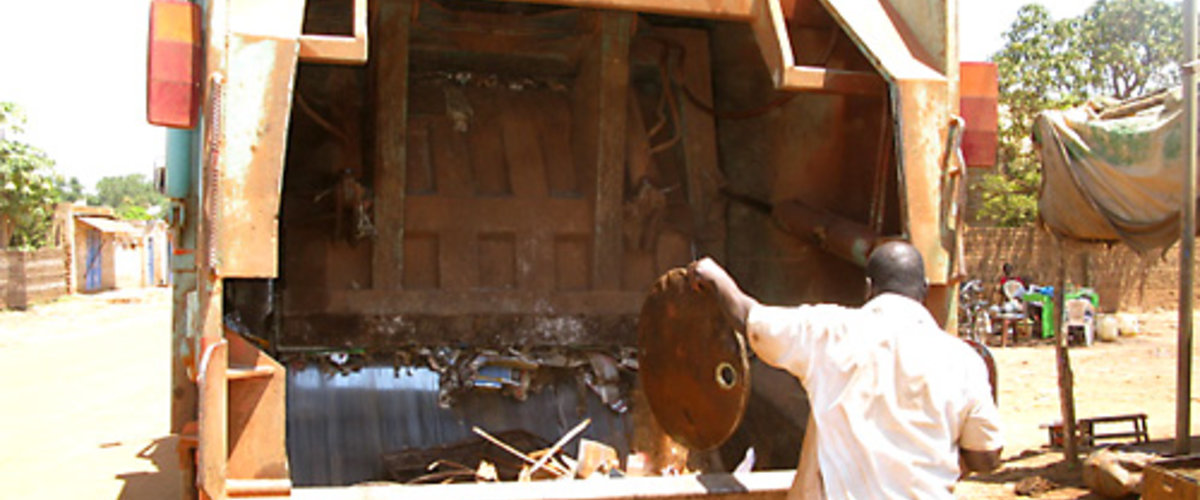While many struggling areas of Southern Sudan focus on vital needs like food, shelter and health, residents of Wau have made cleanliness one of their top priorities.
The second largest town in the south, the Western Bahr El-Ghazal State capital is renowned for being the cleanest city in the region.
"Cleaning is automatic for us and we do not need someone to tell us that we should clean," said Natalina Wadarif, an official in the state Ministry of Health. If there is rubbish around a house in Wau, the residents cannot be indigenous to the area, she said.
"When I arrived in this town for the first time, I discovered that the people are well- organized and concerned about cleanliness," said Ibrahim Ali, a trader from Nyala in Southern Darfur State.
"After visiting most of the towns in Southern Sudan, I became proud of Wau, my home town, for its structure and cleanliness," Ms. Wadarif said.
Efforts to stay clean also focus on personal hygiene, according to Nurse Regina Bawila. "Hygiene in Wau Town is almost 100 per cent."
Cleanliness in Wau starts with bathing twice a day, dressing neatly and cleaning around the home and business areas.
"It was our duty to clean the house every morning and evening when we were children," said Nurse Bawila, who still remembers how they used to sweep the path leading to their home without leaving any footprints.
In August, Wau County Commissioner Luka Anthony Ubur issued a local order for the cleaning of Wau Town. The edict has been remarkably successful in the town, as residents have a positive attitude towards cleaning, Mr. Ubur said.
"It's our culture that people should be clean, including in their houses," he said.
Residents have not only taken to scouring their homesteads but cleaning areas adjacent to their houses, he said, making the town more attractive.
"I am very much impressed by the Commissioner's order for the cleaning of Wau Town," said Stanslaus Bilal, of the city's Hai Salam neighbourhood.
State Governor Brig. Rizik Zakaria Hassan formed a supervisory committee to monitor implementation of the commissioner's order.
Public Health Officer Angelo Dunia William said the town was divided into north and south for cleaning purposes. County authorities had formed committees in all areas of the city to ease the cleaning campaign.
"We use local media like Wau Radio to create awareness among the citizens of Wau town," said Mr. Dunia.
Jointly, the county and state authorities have developed a programme to clean the city three times a month on Tuesdays.
Ongoing efforts
Commissioner Ubur said residents had begun to burn their rubbish after he issued an order banning the dumping of garbage all over town. Furthermore, county public health officers were now visiting government institutions, hotels and public places every Tuesday to follow up the ongoing cleaning.
In collaboration with a company hired to clean the three markets of Jau, El-Hajar and Wau, they had also identified areas outside town for garbage disposal.
To reduce dust levels, Governor Hassan has declared that roads in town would be paved.
"We have already contracted Eyat Roads and Bridges Company to construct 20 kilometres of tarmac road inside Wau town," he said.
But no place is perfect. Acknowledging that the town was well planned, Darfuri trader Ali felt its drainage system could be upgraded and modernized.
 UN
UN United Nations Peacekeeping
United Nations Peacekeeping





